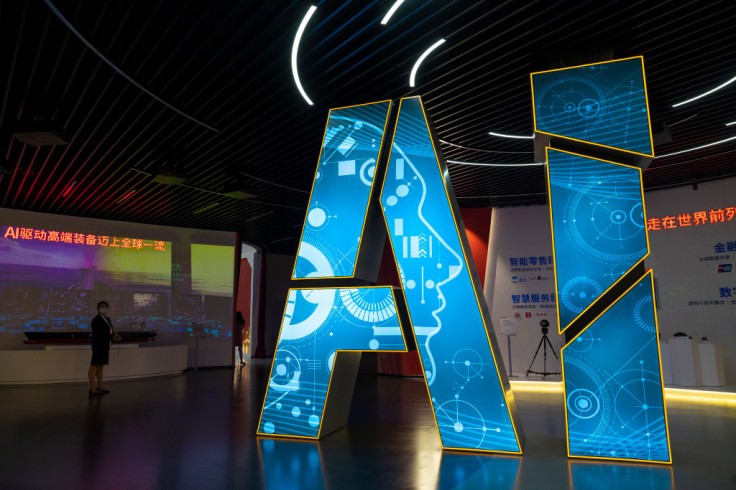A patient diagnosed with cancer has a higher chance of survival if the disease is detected at an earlier stage. This is why experts in the medical field have been working on a new approach to catching the disease as early as possible. With the dawn of artificial intelligence, the early detection of cancer appears to have already been achieved, according to the result of a research study conducted in Germany recently.

AI Model as Tool to Analyze Cells for Signs of Cancer
According to a new study covered by Interesting Engineering, a simple yet effective process in analyzing cells for signs of malignancy has been developed by researchers in Germany. The study involves the analysis of solid tissue biopsy samples from humans and mice.
In the traditional method, trained pathologies analyze biopsy samples right after the tissue was extracted during a medical operation. The analysis is comprised of multi-step processes to carefully determine if the tissue taken is cancerous or benign. Moreover, the analysis is done under a microscope, meaning that the processes required for a complete cancer diagnosis are time-consuming.
With the new method introduced by German researchers, the biopsy samples for the study were broken down into single cellular levels using a tissue grinder. Afterwards, the cells were analyzed using Real-time fluorescence and deformability cytometry (RT-FDC), a process that allows the determination of a single cell's physical properties. Using RT-FDC, up to 1,000 cells can be assessed per second. Compared to the traditional method using a microscope, this kind of analysis is 36,000 times faster.
This is where artificial intelligence enters the picture - the German researchers relied on an AI model to analyze the physical properties of each cell. The AI takes in huge datasets within 30 minutes to determine if the sample has cancerous cells. The study, as its name suggests, has developed an "artificial pathologist" using AI. Hence, using this AI-powered method, a cancer diagnosis can skip the laborious and time-consuming processes of analyzing biopsies.
"When you go to your doctor, he or she doesn't just look at you, but also does a physical examination and feels parts of your body. With traditional methods to analyze a biopsy sample, a pathologist can only look at cells. We can physically examine the individual cells, which gives us much more information to work with," Dr. Markéta Kubánková, one of the researchers at Max Planck Institute for the Science of Light in Erlangen, said.
AI-Powered Scans Yield Accurate Results in Determining Cancer
The positive result of the research in Germany is just another proof that AI is indeed the future of oncology. In India, senior oncologist Dr. Mohan Vamsy said in a press meeting Sunday that using AI-powered PET MR and PET scans to detect cancer is "far more effective and efficient" than analogue scans, which take time to yield a result, as per Deccan Chronicle. Dr. Vamsy also noted the risk of being exposed to radiation from PET scans for a long time, so shortening the duration of the scan with AI is a welcome development.
"As the acquisition time in AI scan is much shorter, radiation exposure is very less - lesser than 10 millisieverts, one-third the dose of the analogue scan. Moreover, digitalisation improves the sensitivity of the scan where we can identify much smaller lesions," Dr Vamsy told the media.









